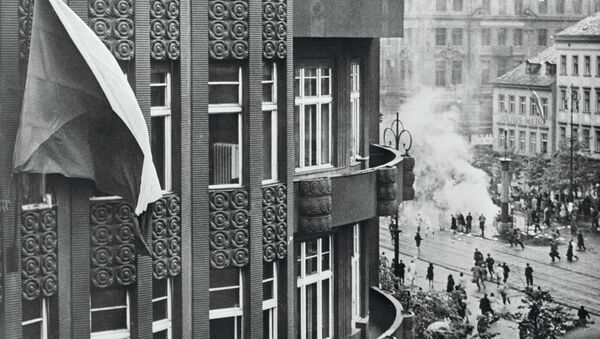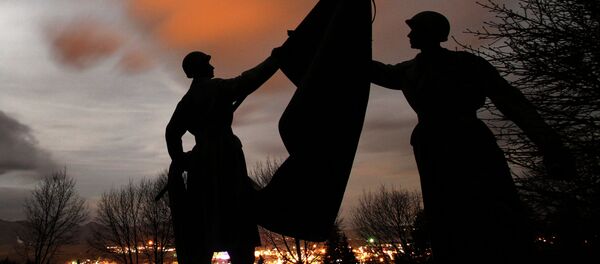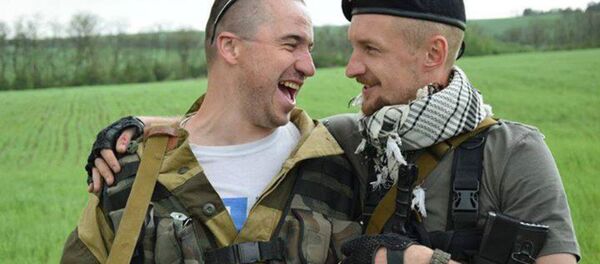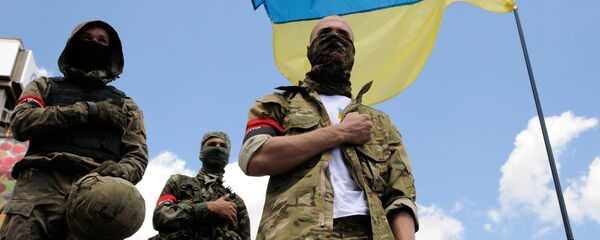"The Prague Spring was a process desired by most of Czechoslovakian society. 'Socialism with a human face' was not an invention of the Western powers. The Prague Spring was not about the hooliganism of the deranged fascists, as was the case in Maidan," Blaha noted.
The politician explained that in contrast to the events of the Euromaidan 'revolution' of late 2013 to early 2014, the events of 1968 "were not a color revolution, organized and financed by the West as part of its expansion eastward. And the changes brought by the Prague Spring were not of the kind that would be resisted by nearly half the country, for example by those living in Slovakia or Moravia. In Ukraine, on the other hand, the eastern, Russian-speaking population stepped out against the events of Maidan."
Blaha noted that "furthermore, [Czechoslovak leader] Alexander Dubcek came to power in a lawful way, that is, completely legitimately. There was no coup, there was no violence, no one attributed any crimes to the 'old regime', chaos and hate were not sown, no one threatened the members of the former government with death, no minorities were insulted, and no one's language or any other rights were threatened."
In Blaha's view, "it is obvious that since the days of the Cold War, Western propaganda has not changed much, and after a short pause, the Russophobia which extended up to 1989 has been resumed. They have resumed the Cold War, inventing stupid historical analogies, like comparing Putin to Hitler or Ukraine today to Czechoslovakia in 1968. These pathetic militaristic stories have absolutely nothing to do with reality."
Contemporary Russia Not to Blame for the Events of 1968
Asked by his interviewer whether contemporary Russia has any measure of responsibility for the events of 1968, Blaha answered by noting that "blaming Russia for what happened in 1968 would be dishonest. I'll ask a counter-question: Should we perceive contemporary Germany as our enemy, given that the Germans were Nazis during the Second World War? I think this would be absurd. Likewise, it is absurd to consider Russia responsible for the events of 1968. And another question: should we now hate the Poles, Hungarians and Bulgarians, because they too invaded our territory in 1968 as part of the Warsaw Pact invasion force? If you want to hate Russia for the events of 1968, you have to hate all the states that participated in the invasion."
Blaha explained that Slovakia and Russia can build on the ever-lasting memory of Eastern Europe's liberation from fascism. "Russia is our friend and liberator. Fascism was the greatest evil in human history, and we were freed from that evil by the Soviet Union. Furthermore, for me the most powerful national tradition in Slovakia is anti-fascism, which goes back to the Slovak National Uprising of 1944. Remembering our struggle against fascism, no one can erase the memory of the Russian soldiers who fell in the Second World War. They died for us in their millions. It is for this reason that the Russophobia now being preached by our right-wing politicians and the media is so distasteful to me."





